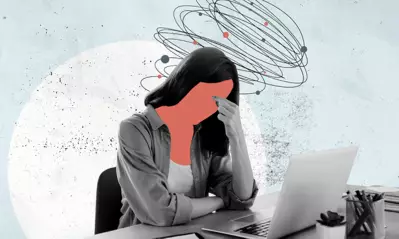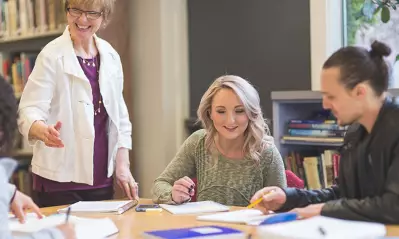College of Doctoral Studies
Research Hub
Where scholars come to exchange ideas
What is Research Hub?
Research Hub is a community of researchers exemplifying the University’s commitment to the highest standards of academic excellence and research innovation. As part of a learning culture, intergenerational project teams enrich learning, scholarship, and discovery through special interest groups.
Research Summit
Coming October 17-19, 2024
Who is Research Hub for?
No matter your interest in research, we have resources to help you on your journey. Tap on your role to access the wealth of information available to you.
Research news and scholarly articles
Key Practices that Inform the Nature of Healthy Leadership:Questions that inform sustainable practice, capacity building, and generativity.
Research Blog
April 15, 2024 • 5 minutes
University of Phoenix College of Doctoral Studies publishes white paper on role of inclusive support and collaboration in career advancement
Press Release
April 13, 2024 • 2 minutes
Succession Planning: The ImpactNexus: Leading with Impact is a blog series on strategic practices in leadership
Academic Research
April 03, 2024 • 5 minutes
University of Phoenix College of Doctoral Studies highlights scholarship published by working adult students and graduates
Press Release
March 29, 2024 • 2 minutes
University of Phoenix College of Doctoral Studies publishes white paper on workforce trend of career betrayal
Press Release
March 23, 2024 • 3 minutes
Overcoming Challenges and Promoting Strategies to Master APA Formatting
Research News
March 19, 2024 • 5 minutes
Research Methodology Group Office Hours: Your Guide to Productive Consultations
Educational and Instructional Technology
March 12, 2024 • 5 minutes
University of Phoenix College of Doctoral Studies issues call for manuscripts in upcoming edition of Phoenix Scholar™ academic periodical
Press Release
March 08, 2024 • 2 minutes












